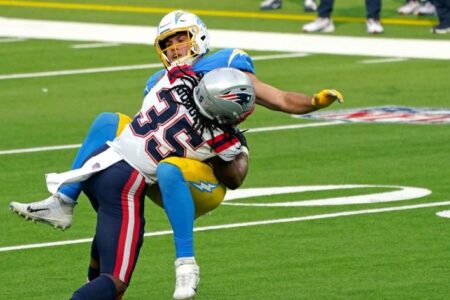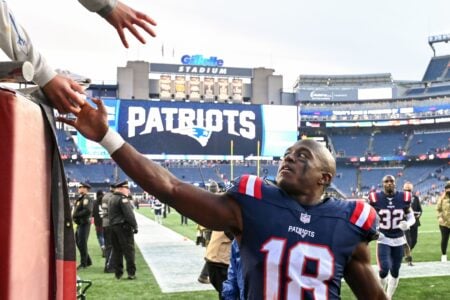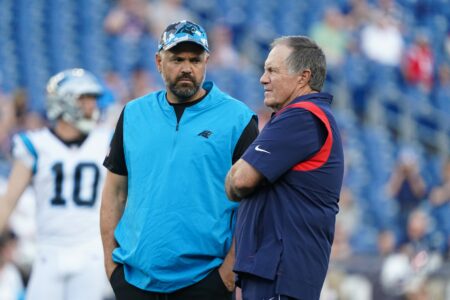- Joined
- Sep 11, 2007
- Messages
- 2,886
- Reaction score
- 1,506
Appreciate your thoughts. Was wondering if you could give me a breakdown of what Berman's role is and what responsibilities he has in this case? How does his role change throughout the course?
I understand that he is there to get the sides talking and to to try to work it out themselves but am not sure what else he does?
The Judge has two motions before him - one to confirm and one to vacate the arbitration award. He will likely set a timeline (with or without a conference) for the two sides to respond and then reply to the motions. He could have the parties argue their positions, but he does not have to do so. How the judges pull all the arguments in is really left to their specific preferences. Some like oral arguments. Some believe the arguments are a waste of time and only useful for getting concessions useful in limiting the scope of decisions.
Judges can order dispute resolution procedures (they cannot force settlements, but can try to facilitate them). I believe what you see in the quoted order is more a "try to work things out" statement, which is the goal of virtually any judge. Often parties are told to get together and see if motions (or issues in motions) can be resolved prior to bringing in the court, and certify good faith attempts were made to resolve the dispute in writing with the filed motion.
Briefing may well be done in months. From there, the judge will study the CBA and any other documents/evidence necessary to interpret the CBA, apply the facts set forth in that record, and then grant, deny or grant in part the two motions in a written order.
There is no timeframe for decisions in these cases. SDNY has a heavy civil docket, so barring some need to resolve the case quickly (motions to expedite decisions look good but tend not to have much effect) the decision could be ready for decision but pending long after the 2015 season is over.
If that sounds about as exciting as watching paint dry, then you get the picture (it is very much like a legal fight with an insurer over whether you are covered for some eventuality under the policy). I expect the media will be digging through written arguments trying to add drama to the legal procedures, because this may well amount to little more than legal briefs sitting on the desk of the judge and his assistant law clerks while the public waits for a written decision to hit the streets.
The application for a preliminary injunction to avoid enforcement of the suspension may show up in the same case (not sure if this case is all for Brady and his team). Given the schedule of the first game, that can and may well be given an expedited hearing. Those usually involve live witnesses and other evidence, so certainly a bit more lively than the core proceeding. The judge will establish a briefing schedule there as well, and will ultimately make factual findings as to whether Brady can show “that he is likely to succeed on the merits, that he is likely to suffer irreparable harm in the absence of preliminary relief, that the balance of equities tips in his favor, and that an injunction is in the public interest.” “[P]laintiffs seeking preliminary relief [must] demonstrate that irreparable injury is likely in the absence of an injunction.” You do not often see arbitration cases appear with an application for preliminary injunction, but as you can see the necessary findings (e.g., likely success on the merits) give strong evidence of where the primary case may be heading.
Hopefully that gives a decent overview of what you may see in the coming weeks and months.


















